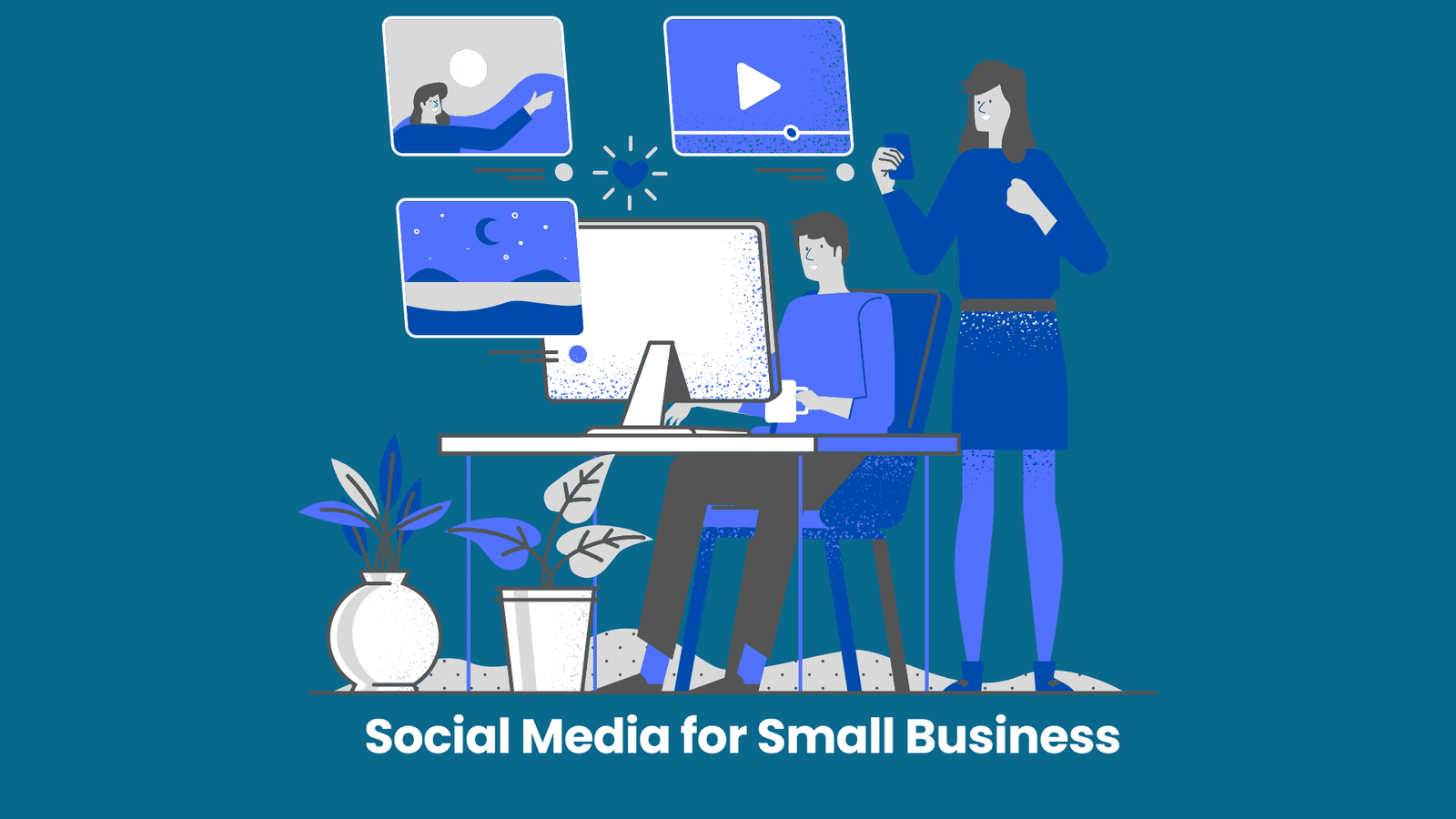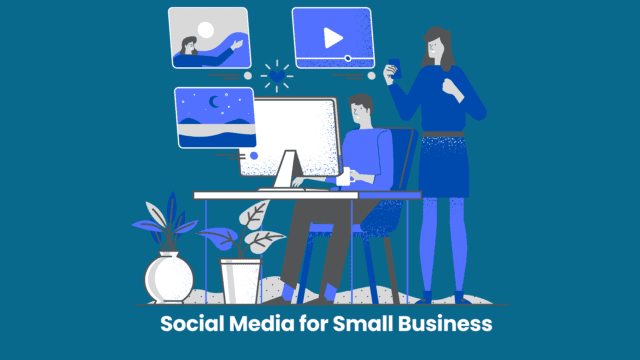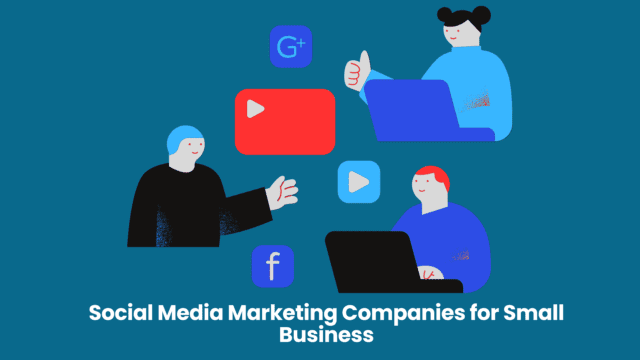Boost your social media engagement and reach with these essential tools and resources! Discover strategies, analytics, and best practices to connect with your audience and enhance your reach. Engage effectively and grow your brand today!
Boost Your Social Media Engagement and Reach: Tools and Resources You Can Use
What tools or resources help improve social media engagement and reach? Social media is a key part of our lives. Brands and individuals alike crave engagement, not just likes or shares. The right tools and resources can make a huge difference in how you connect with your audience. Let’s explore some effective options to boost your social media engagement and reach!
Why Does Engagement Matter?
Before diving into the tools, it’s helpful to understand why engagement is important. High engagement means your posts are resonating with your audience. It can lead to:
- Improved brand loyalty
- Increased visibility on social media platforms
- More opportunities to convert followers into customers
Tools That Enhance Engagement
- Canva: Canva is a user-friendly design tool that allows you to create eye-catching graphics for your social media profiles. Visual content performs better on social media than plain text. With templates specifically designed for different social platforms, you can create simple yet beautiful posts quickly.
- Key Feature: Drag-and-drop interface
- Benefit: Tailored designs for various platforms (Facebook, Instagram, Twitter)
- Buffer: Buffer helps streamline your social media management. You can schedule your posts for any platform and beyond. This means you can reach your audience when they are most active.
- Key Feature: Social media analytics
- Benefit: Helps you understand the best times to post
- Hootsuite: Hootsuite is great for managing multiple accounts in one place. It offers robust analytics tools to track performance and engagement rates. This will help you to learn what kind of content works best with your audience.
- Key Feature: Customizable dashboards
- Benefit: Monitor multiple channels easily
- BuzzSumo: Work smarter with BuzzSumo. This tool allows you to find trending topics in your niche. You can then create content that syncs with what people are currently interested in.
- Key Feature: Content discovery
- Benefit: Engagement by creating timely and relevant posts
Resources for Content Ideas
Creating content can be hard. These resources can come in handy:
- AnswerThePublic: This tool generates questions people have about a specific topic. Use it to come up with content ideas that address your audience’s curiosity.
- Reddit: With countless subreddits covering virtually any interest, it is a goldmine for content ideas. Look within your niche and find what discussions are popular.
- Google Trends: A free and powerful tool to see what’s trending in real-time. You can align your content strategy with current public interests.
Engaging With Your Audience
Engagement isn’t just about posting; it’s about connection. Here are strategies to foster a better relationship with your audience:
- Ask Questions: Encourage comments by asking open-ended questions. This invites dialogue and promotes community.
- Host Contests and Giveaways: People love free stuff! Incentivize engagement by offering prizes in exchange for likes, shares, or comments.
- Respond to Comments: Always take time to reply when someone engages with your posts. It shows that you value their input and fosters a loyalty bond.
Analyze and Adjust
You won’t know what works unless you measure your efforts. Here are great tools for analytics:
- Google AnalyticsWhile traditionally used for websites, Google Analytics can track traffic generated from your social media. This insight allows you to see which platforms yield the best results.
- Facebook InsightsIf you use Facebook for your business, this free tool shows you information about your audience, likes, and engagement metrics. Learn from this data to tailor your future posts.
- Twitter AnalyticsTwitter’s analytic tools can help you identify which tweets engage followers most effectively. Use these insights to play around with post timing and copy.
Best Practices for Better Engagement
To wrap up, keeping these practices in mind can significantly improve engagement:
- Consistency is Key: Regular posting keeps your audience engaged. Develop a content calendar to stay organized.
- Quality Over Quantity: Focus on posting content that adds value. It’s better to share a few great posts than many mediocre ones.
- Leverage User-Generated Content: Encourage your followers to create content related to your brand! This not only engages your existing audience but encourages new followers to join in.
Final Thoughts
Social media is always evolving, so keeping up with the latest tools and strategies is essential. From design with Canva to scheduling with Buffer, there’s a solution for everyone looking to enhance their engagement.
By understanding your audience and using the right resources, you’ll foster stronger connections that lead to greater reach. So dive in, have fun, and engage!
For more information about social media tools, consider checking out HubSpot’s list of the best social media management tools.
Happy engaging!





